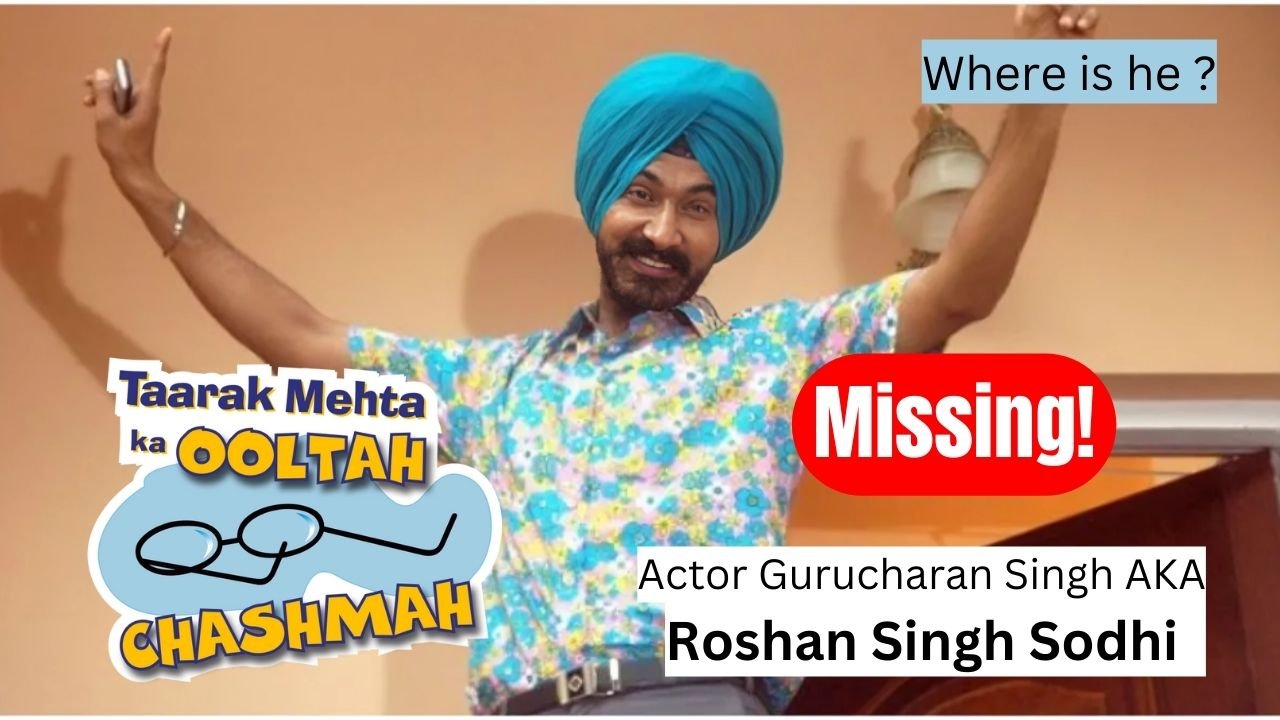Tigmanshu Dhulia Blasts Bollywood’s Propaganda Machine: A Critical Take on ‘The Kashmir Files’ and Beyond 2024
Posted on : March 11, 2024 By Savan

Table of Contents

Tigmanshu Dhulia’s The Influence of Politics on Cinema
Filmmaker Tigmanshu Dhulia recently opened up about politics’s significant impact on movies, particularly within the Indian film industry. He voiced his concerns over the trend where numerous films prioritize the promotion of specific political ideologies over artistic integrity and storytelling quality. By comparing Indian cinema to the works of internationally acclaimed directors like Steven Spielberg and Martin Scorsese, Dhulia highlighted the disparity in cinematic quality, emphasizing that good cinema should transcend mere propaganda.
The Artistic Merit of Propaganda Films
Dhulia made an intriguing comparison during his discussion, bringing up the Nazi propaganda film “Triumph of the Will.” Despite its controversial content and purpose, he acknowledged the film’s artistic aspects, suggesting that even propaganda films can possess a certain level of artistic merit. This acknowledgment serves as a stark contrast to his criticism of certain Indian films, which, in his view, fail to achieve a balance between delivering a message and maintaining artistic quality.
Critique of Nationalist Cinema in India

In a candid interview on the Red Mike YouTube channel, Dhulia did not hold back his critique of films like “The Kashmir Files,” dismissing them as unworthy of serious discussion. His criticism extended to movies promoting government initiatives, labeling them as ineffective and largely ignored by audiences. By singling out “The Kashmir Files,” Dhulia underscored his disdain for films that sacrifice narrative depth and artistic integrity for propaganda purposes.
The Importance of Directorial Identity
Dhulia expressed admiration for directors with a distinctive cinematic voice, such as Martin Scorsese, whose work can be recognized from just a few frames. This admiration, however, was contrasted with his critique of Steven Spielberg, whom Dhulia sees as lacking a unique directorial identity despite following Hollywood standards. This discussion highlights the importance Dhulia places on directors having clear, strong ideologies that inform their filmmaking, setting apart memorable cinema from the forgettable.
Artistic Failures in Politically-Themed Indian Cinema
The filmmaker did not shy away from critiquing Indian directors who tackle political themes without the requisite artistic skill, resulting in films that are both ideologically and aesthetically lacking. Dhulia pointed out that the failure of these films is not just a matter of their political messaging but also their poor craftsmanship, which becomes apparent upon viewing.
The Motive Behind Propaganda Films
Dhulia’s insights extended to the motivations behind the production of propaganda films in India, condemning the practice of creating such movies primarily for financial gain rather than artistic or ideological reasons. He specifically mentioned “The Kashmir Files” as an example, a film that, despite its commercial success, was criticized for its historical inaccuracies and sensationalist approach. Dhulia’s critique underscores a broader concern about the integrity of filmmaking in the context of political and ideological manipulation.
Share this articlePosted on : March 11, 2024 By Savan
Join Our Club

"Stay Informed, Stay Ahead – Join Our Club Today!"



















